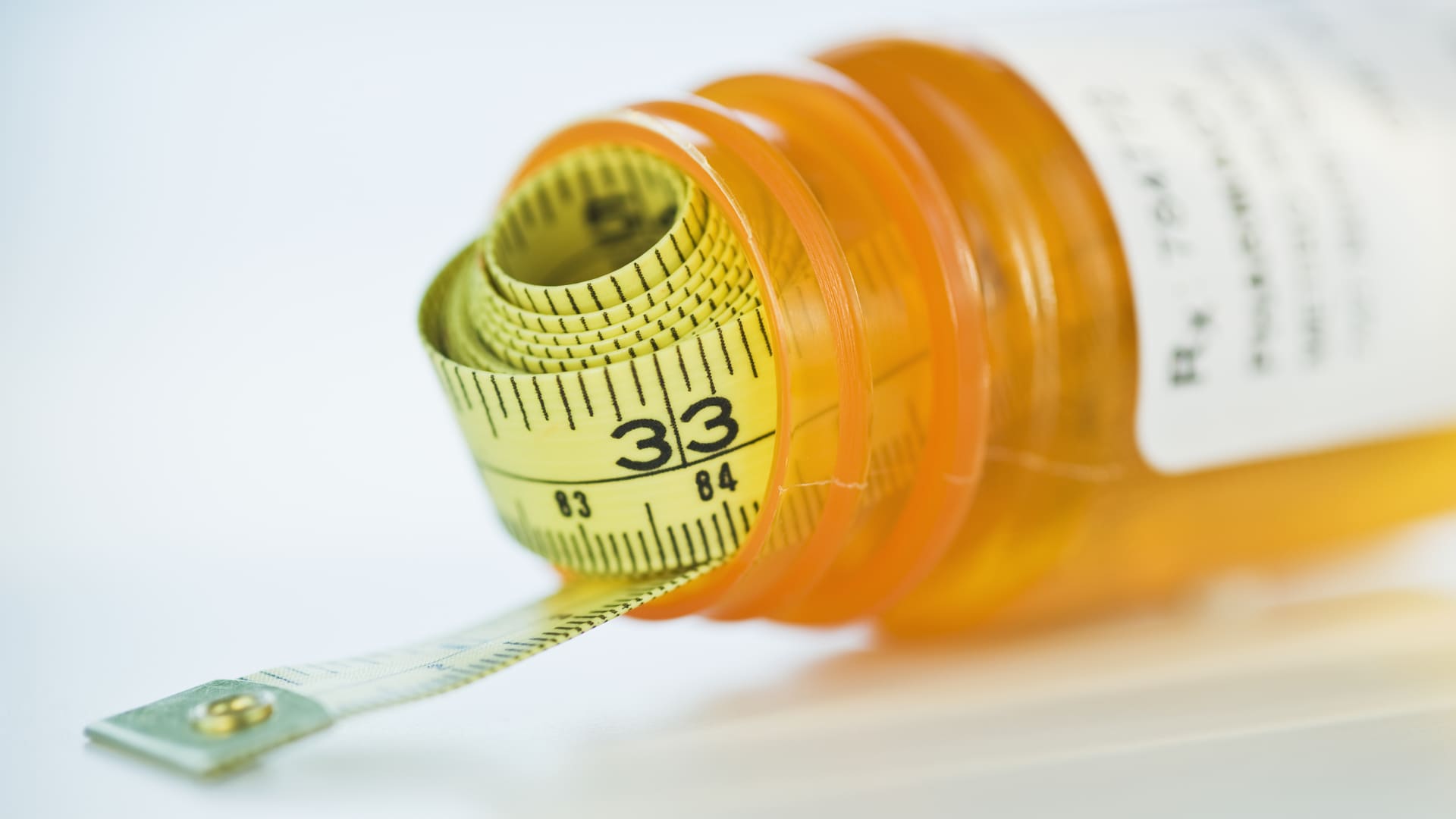Altimmune on Wednesday said its experimental drug helped patients shed weight but also minimized the loss of muscle mass in a midstage trial, a finding that could set it apart in a potentially crowded market.
Altimmune is one of several smaller biotech companies that are pushing to compete directly with Novo Nordisk and Eli Lilly in the growing weight loss drug space, or to get scooped up by larger drugmakers that can help bring their treatments to market.
The results are an early sign that the biotech company can address a major concern around those treatments, which have drawn unrelenting demand and investor interest over the last year.
Some health experts have said that obesity drugs could shrink critical muscle mass, which could raise the risk of injuries and decrease strength.
But in Altimmune’s late-stage trial, more than 74% of the weight that patients lost after taking the company’s weekly injection came from fat tissue and only 25.5% came from lean mass, according to the company. Those results are similar to those often seen with diet and exercise programs for weight loss.
Patients who took a 2.4-milligram dose of Altimmune’s drug every week for 48 weeks lost 15.6% of their weight on average in the trial, with weight loss continuing at the end of treatment, the company said.
The company first announced that weight loss data on the drug, called pemvidutide, in November.
“Preservation of lean mass during weight loss is critical, since excessive loss of lean mass has been associated with negative outcomes, such as [a gradual loss of muscle mass and strength] and bone fractures, especially in women and the elderly,” Altimmune Chief Medical Officer Scott Harris said in a statement. “There is a growing appreciation that the quality of weight loss is as important as the quantity of weight loss.”
In a clinical trial on semaglutide, the active ingredient in Novo Nordisk’s Ozempic and Wegovy, researchers examined the loss of lean muscle mass in a subgroup of about 140 patients. On average, participants lost about 15 pounds of lean muscle and 23 pounds of fat during the 68-week trial.
Those results suggest a higher rate of lean mass decline than in Altimmune’s trial. Still, Altimmune needs to conduct late-stage trials on its drug, so it’s too early to say how much of an edge it has over existing weight loss treatments.
The two drugs also work differently.
Semaglutide mimics a hormone produced in the gut called GLP-1 to suppress a person’s appetite. Meanwhile, Altimmune’s drug activates GLP-1 and another gut hormone called glucagon, which increases energy expenditure.
Altimmune is also developing that drug to treat a common form of liver disease called metabolic dysfunction-associated steatohepatitis, or MASH.
Other makers of obesity drugs are also trying to help patients maintain muscle mass.
For example, Eli Lilly is testing whether combining its weight loss drug with a monoclonal antibody from Versanis Bio might help patients lose weight while preserving muscle mass. The pharmaceutical giant recently acquired Versanis, which is part of a slate of companies targeting the muscle-loss aspect of weight loss.
